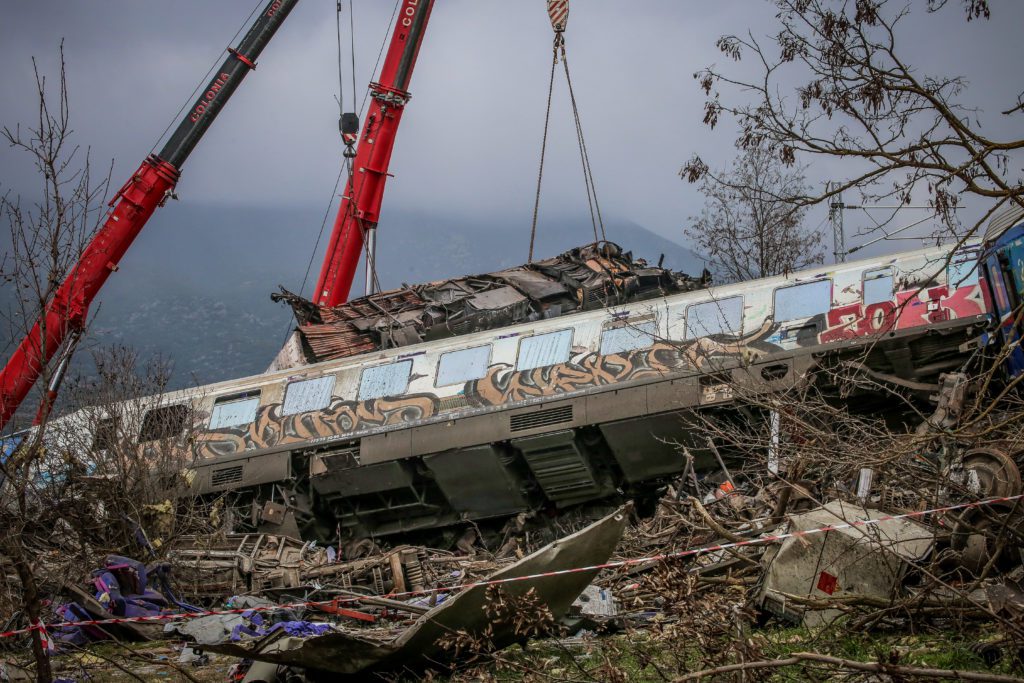Table of Contents
A bill to ban under-16s from social media was introduced into the Australian parliament today, with fines of more than €30 million for businesses that don’t respect the rules.
This ground-breaking legislation, which is being promoted by Prime Minister Anthony Albanese, will force platforms such as X, TikTok, Facebook and Instagram to take steps to prevent access to them by minors under the age of 16.
In the event that this obligation is not respected, fines of up to 50 million Australian dollars (approximately 31 million euros) will be imposed.
Australia is among the leading countries in regulating social media to protect children. The proposed age limit makes the measure he wants to adopt one of the strictest in the world, but how it will be implemented remains unclear.
The new legislation also includes strict privacy standards that will force tech giants to delete any information they collect to verify the age of users.
Telecommunications Minister Michelle Rowland today underlined that social media businesses will be held accountable for the “safety and mental health” of Australians.
“It is up to social media platforms, not parents or children, to ensure that safeguards are in place,” he noted. Some platforms, such as YouTube, would benefit from exemptions as teenagers may need them mainly for school purposes.
Messaging services, such as WhatsApp, and online games will also be excluded.
The image of social media has been tarnished in recent years by incidents of online harassment, sexual exploitation of minors and the transmission of illegal or dangerous content for children.
If the proposed law is adopted, tech companies will have one year to implement it.
Tech giants have pledged to implement the legislation, but have warned the government that it is a move that is being made too quickly and that there was insufficient consultation before it was implemented.
Analysts also expressed doubts about the technical feasibility of a strict age-based ban.
The proposed legislation is not a “panacea” when it comes to protecting children, UNICEF Australia’s Katie Maskiel also said, raising concerns that young people could be pushed into “hidden and unregulated online spaces”.
Elon Musk is in a procedural dispute
Elon Musk’s social networking site X is already in the middle of a legal battle with Australia’s internet regulator over its control over violent posts.
Several countries and regions have decided to impose a minimum age for access to the platforms.
In the USA
In Florida, the US state, a law will come into effect in January that will prohibit minors under the age of 14 from opening an account.
In Spain
Spain passed a law in June banning access to social media by minors under the age of 16. However, in both cases the practical details have not been determined.
In France
In France, a law passed in 2023 setting the age of “digital maturity” at 15 has not yet been implemented, pending a response from the European Commission on whether it is consistent with European law. French President Emmanuel Macron has even advocated banning phones “before the age of 11”.
In China
China, which is restricting access to minors from 2021, requires identification via an ID document. Minors under the age of 14 cannot use Douyin, the Chinese version of TikTok, for more than 40 minutes a day, while the time children and teenagers can spend playing online games is also limited.
Read also:
Wall Street Journal: “Pressure on Google to Sell Chrome”
Serbia: Arrest of the former Minister of Infrastructure for the fatal accident at the Novi Sad train station
Ukraine: Russia launched an intercontinental ballistic missile
Zelensky believes that Crimea can be rejoined in Ukraine through negotiations
USA: A banana stuck to the wall sold for 6.2 million – Who is the buyer (Photos)
Bitcoin: Breaks the $95,000 barrier
USA: Joe Biden celebrates his 82nd birthday, by far the oldest president in the history of the countrylet
!function(f,b,e,v,n,t,s)
{if(f.fbq)return;n=f.fbq=function(){n.callMethod?
n.callMethod.apply(n,arguments):n.queue.push(arguments)};
if(!f._fbq)f._fbq=n;n.push=n;n.loaded=!0;n.version=’2.0′;
n.queue=[];t=b.createElement(e);t.async=!0;
t.src=v;s=b.getElementsByTagName(e)[0];
s.parentNode.insertBefore(t,s)}(window, document,’script’,
‘
fbq(‘init’, ‘726515947549353’);
fbq(‘track’, ‘PageView’);
#Australia #Bill #introduced #ban #under16s #social #media
## Interview: Protecting Children in the Digital Age – Is Australia’s Bold Move the Right One?
**Introduction:**
Welcome to World Today News’ in-depth discussion on Australia’s proposed legislation to ban children under 16 from social media. We’re joined by two esteemed guests:
* Dr. Amelia Jones, a renowned child psychologist specializing in the impact of technology on youth development.
* Mr. David Lee, a technology policy analyst with extensive experience in online safety and platform regulation.
**Theme 1: The Necessity of Protection**
* **Question for Dr. Jones:** The article highlights concerns regarding online harassment, exploitation, and exposure to harmful content for children. In your expert opinion, how critical is it for governments to intervene and regulate platforms like TikTok and Instagram to protect young users?
* **Question for Mr. Lee:** Australia’s proposed legislation introduces strict fines for non-compliance. Do you believe such stringent measures are justified, or are there alternative approaches that prioritize collaboration between tech companies and regulators?
**Theme 2: Feasibility and Effectiveness of Age Verification**
* **Question for Mr. Lee:** How realistic is it for social media platforms to accurately verify the age of users, especially considering teenagers’ ingenuity in circumventing such systems? What are the potential unintended consequences of such requirements?
* **Question for Dr. Jones:** The article mentions concerns that banning children from social media could push them into unregulated online spaces. Do you share these concerns, and what alternative solutions might be more effective in keeping children safe without completely excluding them from online communities?
**Theme 3: Global Perspectives and the Future of Online Safety**
* **Question for Mr. Lee:** Australia is at the forefront of this debate, joining countries like Spain and China in implementing stricter regulations on minors’ online access. Do you see this trend spreading globally? What impact might this have on the future of social media platforms?
* **Question for Dr. Jones:** We’ve seen various approaches to online safety, from age restrictions to parental control tools. What do you believe is the most promising path forward for protecting children in the digital age, and what role should parents, educators, and policymakers play in this effort?
**Concluding Remarks:**
We thank Dr. Jones and Mr. Lee for sharing their invaluable insights. The debate surrounding children’s online safety is complex and multifaceted. Ultimately, finding the right balance between protecting young users and upholding the principles of free speech and digital access will require a continued dialog involving all stakeholders.


